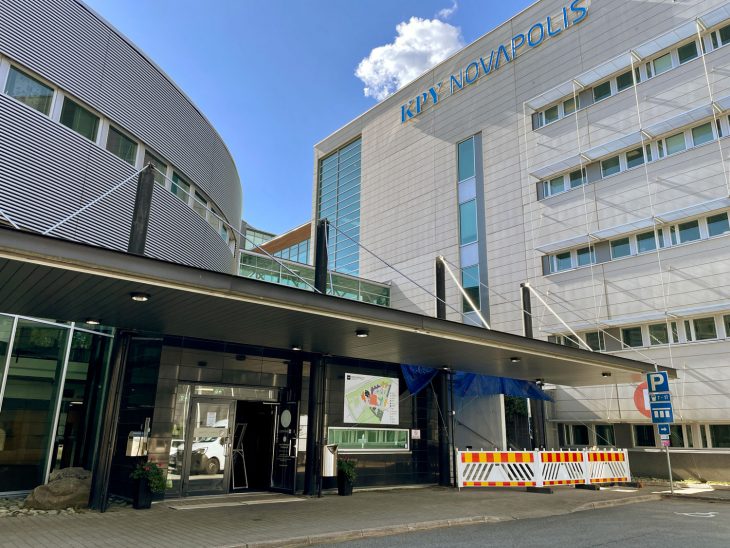
Benchmarking your competitor – in the spirit of cooperation
In business, it is a common approach to benchmark your competitors (competitor analysis) to see where their strengths and weaknesses are in relation to yours. Also, it is normal practice to make an analysis of the customers of the competition and find out why those customers are not your customers. It is not always so easy to preform these analyses yourself, especially when competitors do not normally share information. However, in the case of “competing universities” in Finland, the spirt of sharing experiences is there – in this way everyone can benefit from the reciprocal sharing of information.
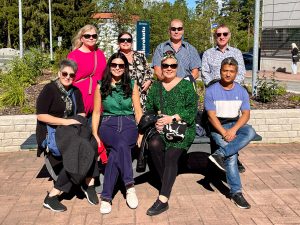
It was in this spirit, that last month, representatives of our Digital International Business programme visited Savonia University of Applied Sciences in Kuopio. Our visiting team consisted of Heli Viinamäki, Maria Kangasniemi-Haapala, Jarmo Kulhelm, Slaveya Hämäläinen, Sara Czabai, Mari Hämäläinen, Jagat Kunwar, and myslef. The main idea was to discuss incentives and challenges in education for international programmes and learn of projects that are part of studies in their international business programme.
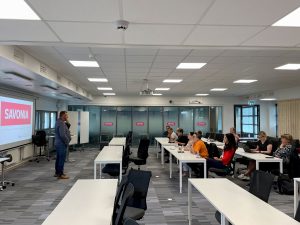
Both Xamk and Savonia are of similar size and have similar international programmes. Another interesting, but not surprising fact, was that the challenges that exist in Xamk, i.e. attracting and keeping students, finding practical training positions, etc., also affect students in Savonia. Indeed, these same challenges are seen all over Finland at universities of applied sciences. Finding solutions to these challenges is no easy task.
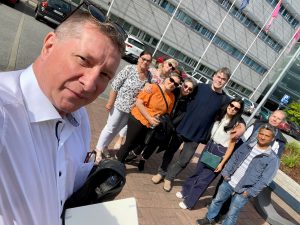
Many projects are started to assist students to find for example, practical training positions. However, often these projects are short-lived and lacking full commitment from employers in Finland. Savonia has a project whereby students’ talents are promoted through a talent hub focussed on working in live company projects and finding solutions to problems or exploring opportunities. At Xamk, there is the Talent Boost project that is now helping introduce students and companies to bring them together by making the first contacts. The main idea here is to establish closer cooperation in the area with employers to show them how they can benefit from international students’ competences and skills. Although this again is a pilot project, it is hoped that the cooperation will start to influence the corporate hiring culture in the region and create something permanent and sustainable so that training places can be offered to international students already when the studies begin.
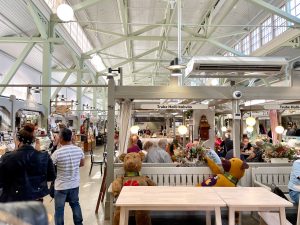
Another desire from the visit to Savonia was to also compare curricula. Many UASs work closely with local entrepreneur associations and employers to develop the curricula in line with the needs of businesses and of course society in general. Being able to keep up with the demands of employers is especially important for UASs and student employability. This is done through networking of lecturers and staff, company visits, employer representatives visiting the campuses, and working groups specifically set for these tasks. One important point noted, was that in Savonia they have now created a position within their team for a person to take responsibility to network with local companies to find training places for international students. The resources for this are being given by their International Office. I have long felt this is something that is needed in Xamk (and Kyamk before that) but resorces were never available. However, thanks to Maria, two of our team members – Sara and myself – now have ressources from our own International Office to do the same in Kouvola for Digital International Business. So you see, benchmarking can be extremely productive.
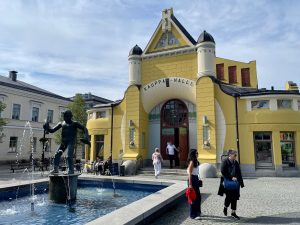
Last but not least, the main reason for arranging this type of visit, was for our DIB programme and team to discuss our own development for updating our skills and competences. Team members also were able to find ideas born from the presentations and discussions at Savonia, and these we continued to discuss during the evening programme and the homeward train journey.
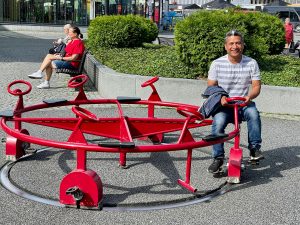
All in all, the visit proved to be very beneficial to both UASs, and the participants. Let’s hope some of the new ideas that we have come up with will prove fruitful and that new cooperations will be formed.
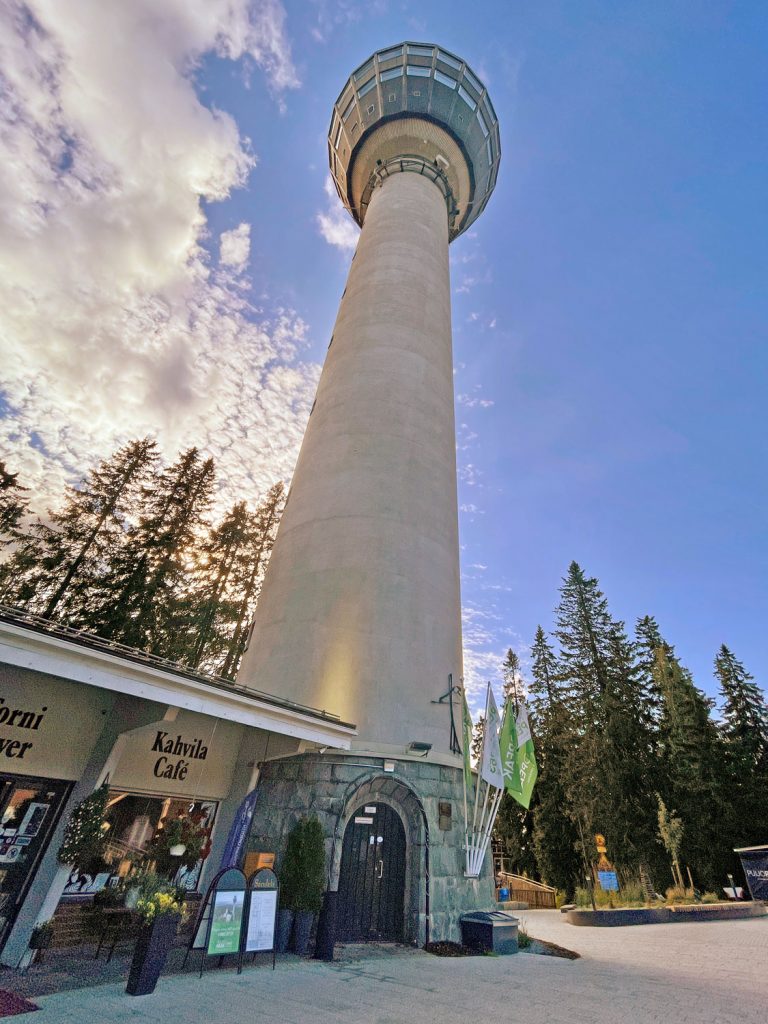
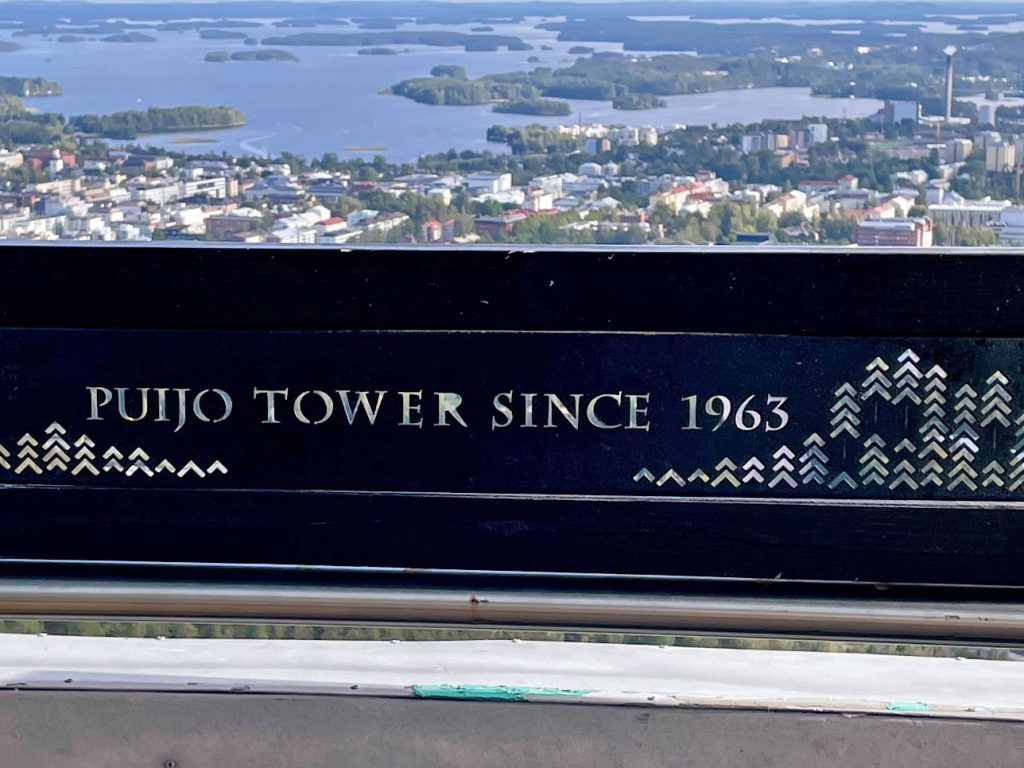
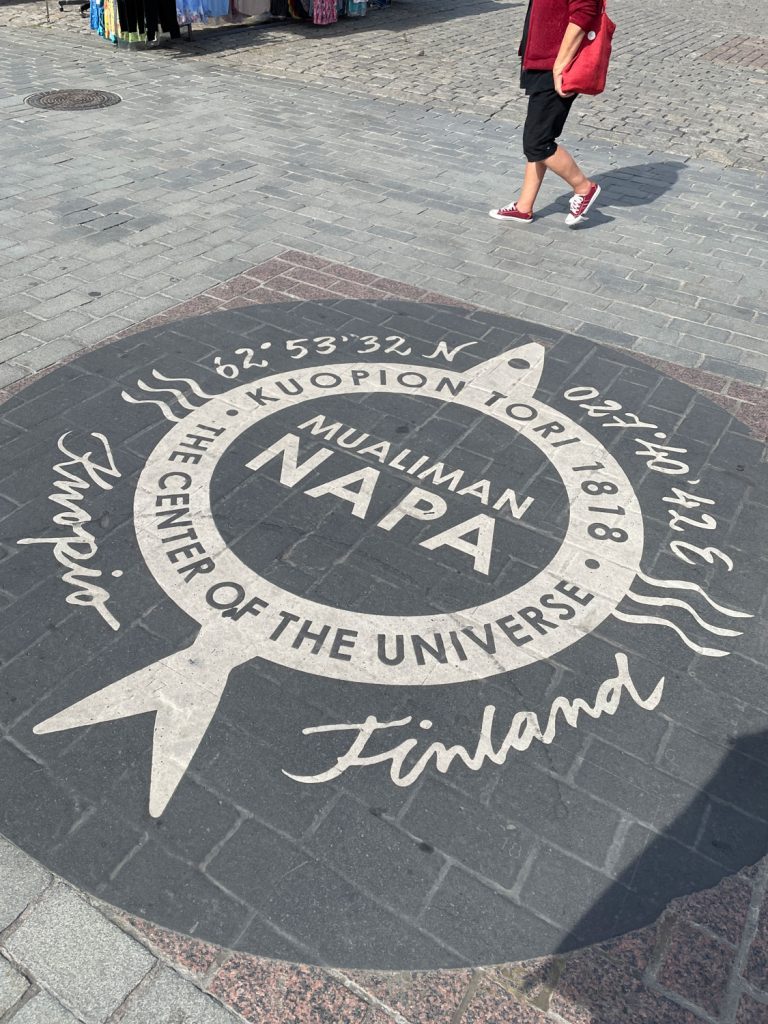
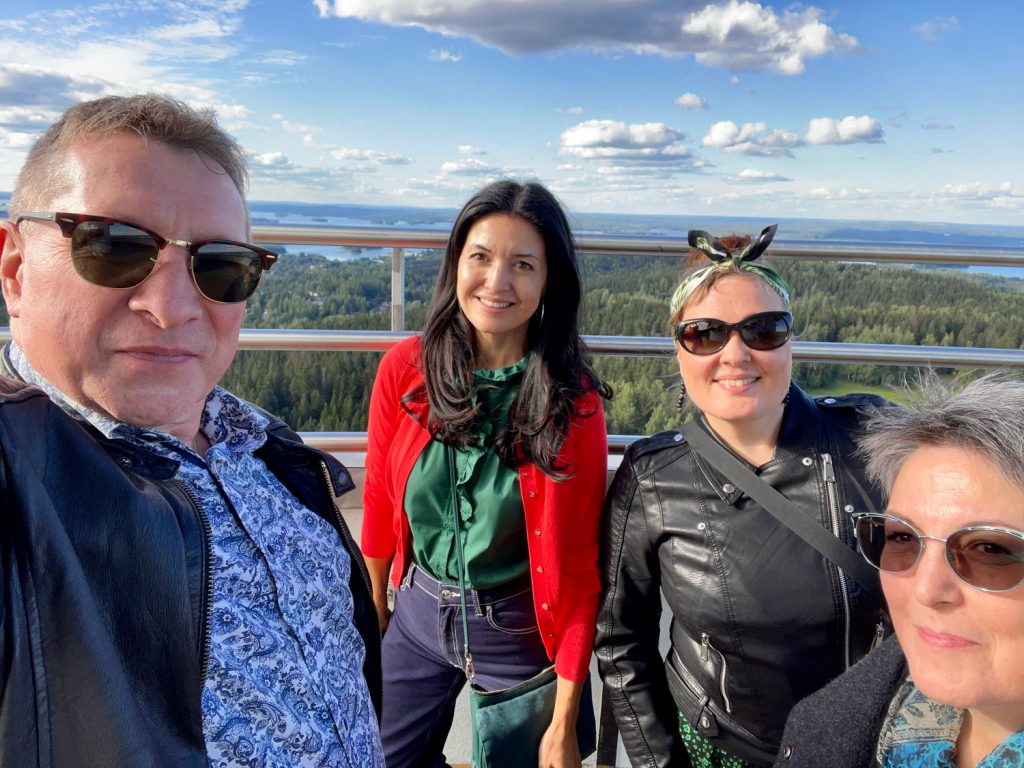
- Ethical behaviour and conduct – studies and work - 22nd March 2024
- An interview you can’t prepare for – what’s the point? - 15th March 2024
- Finding a training place takes effort – but help is at hand - 8th March 2024
